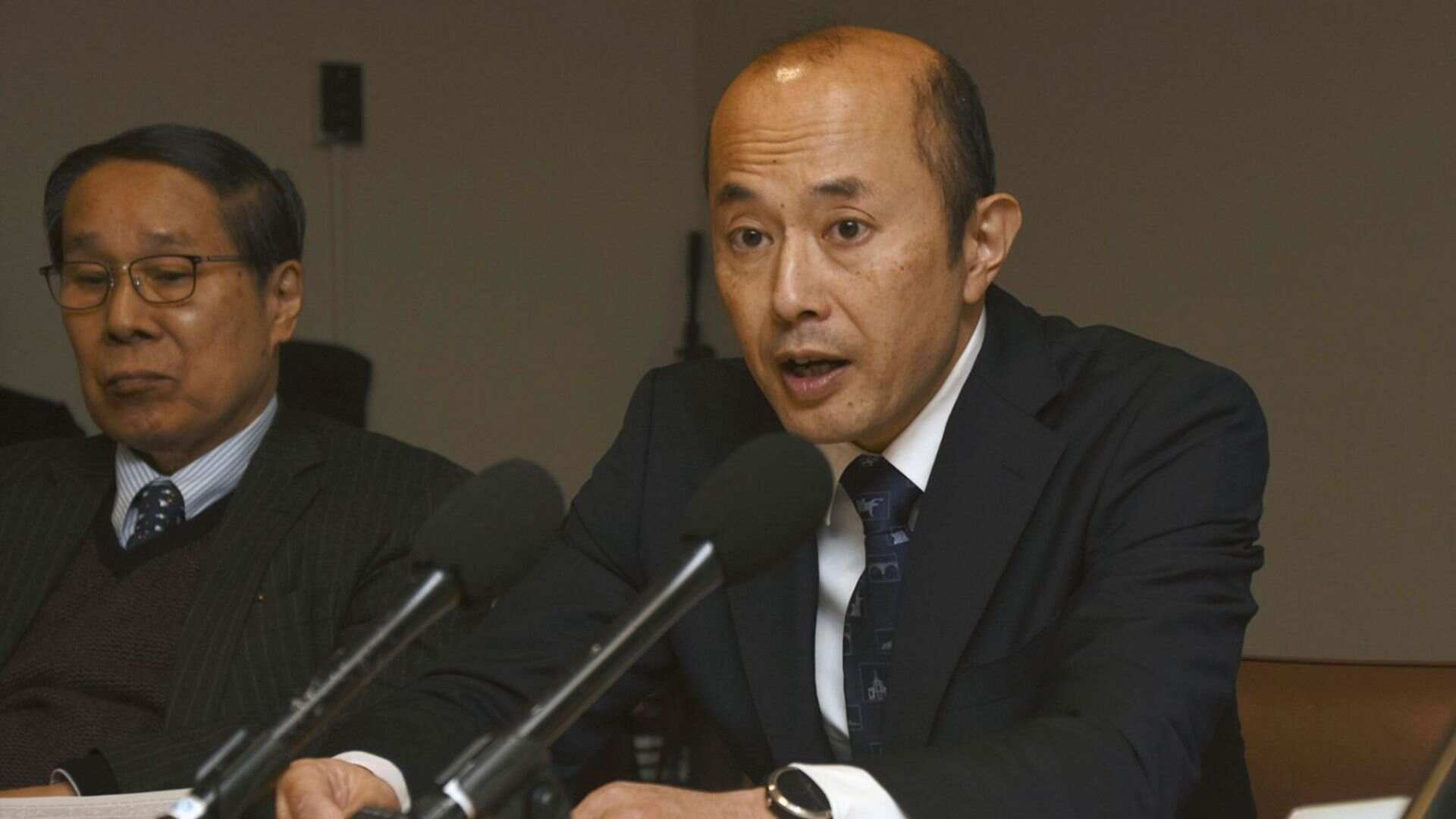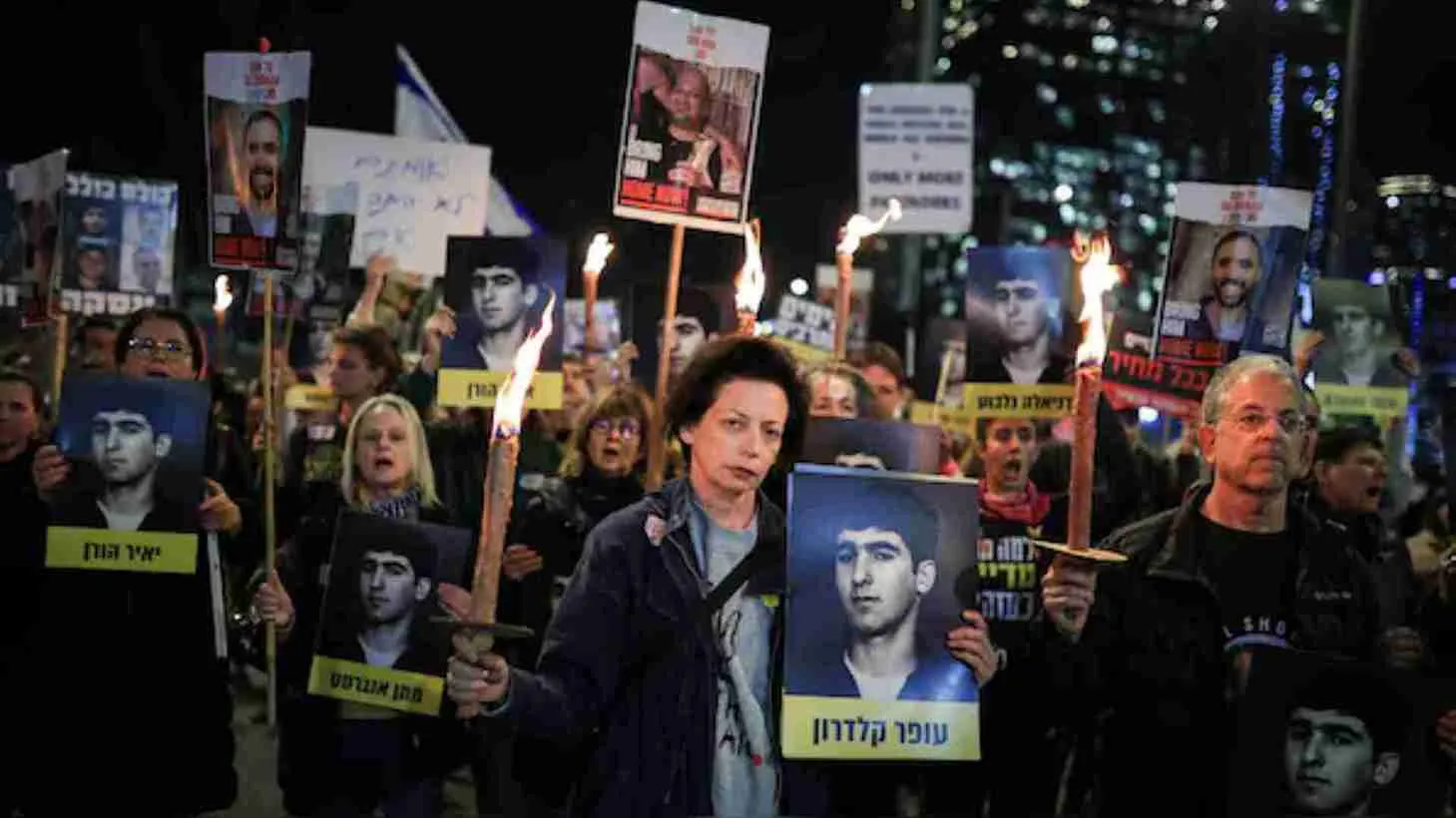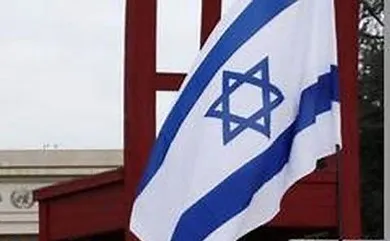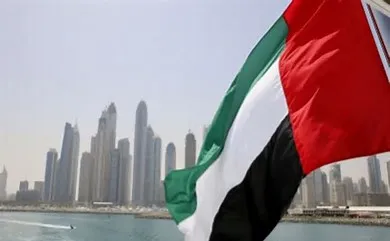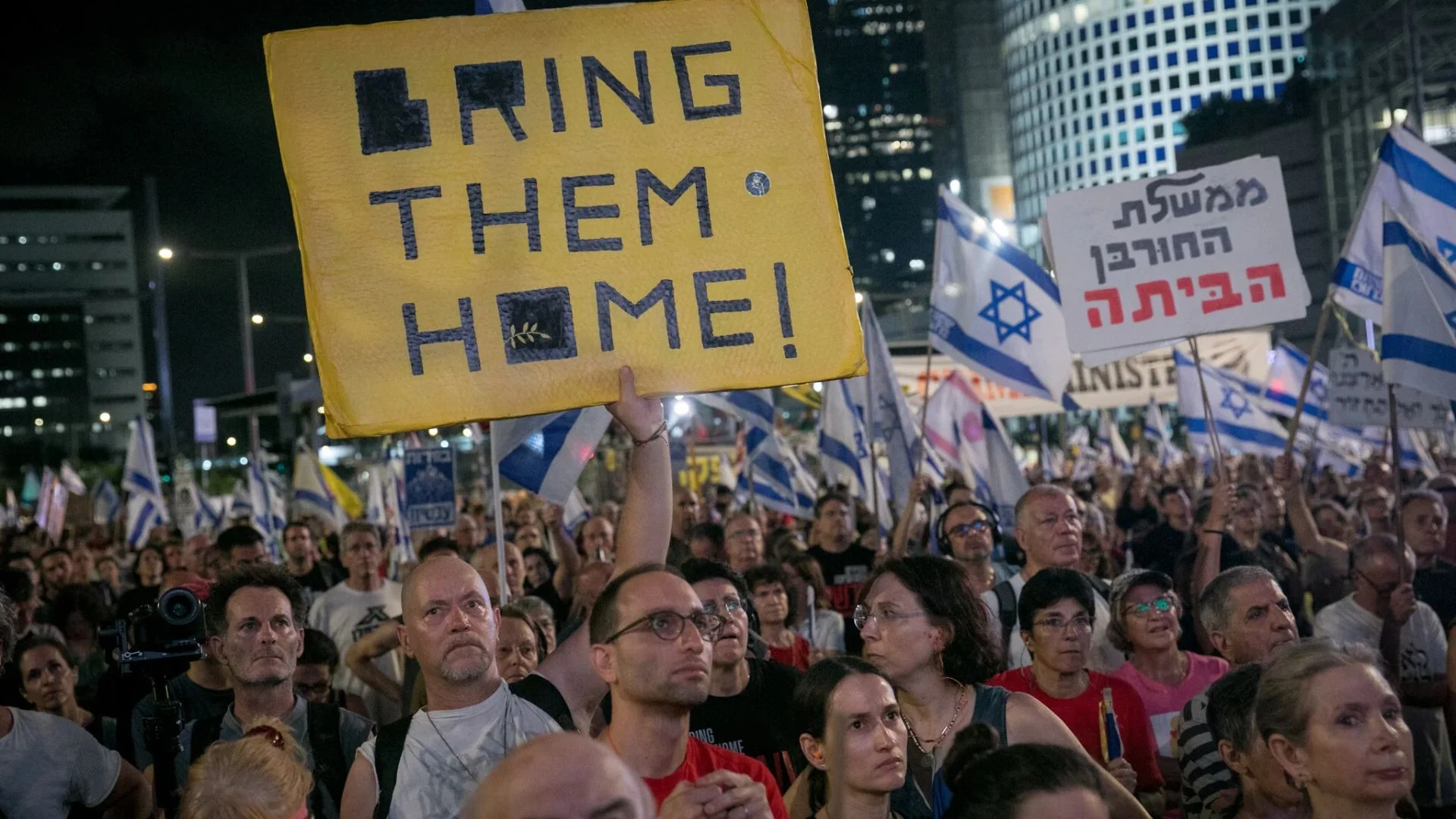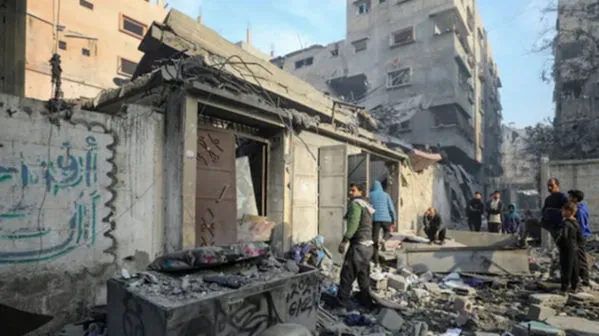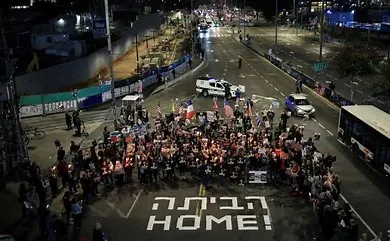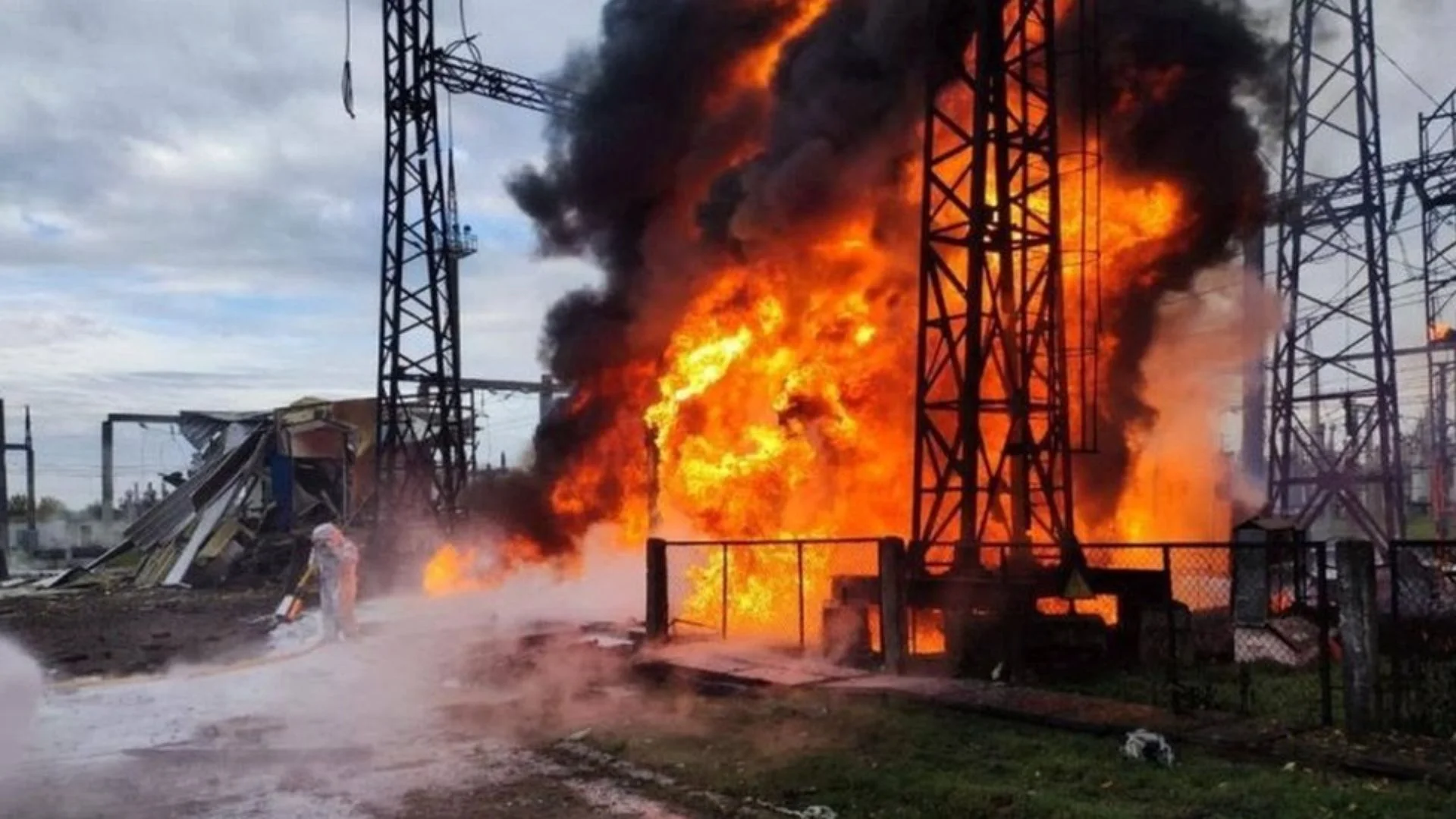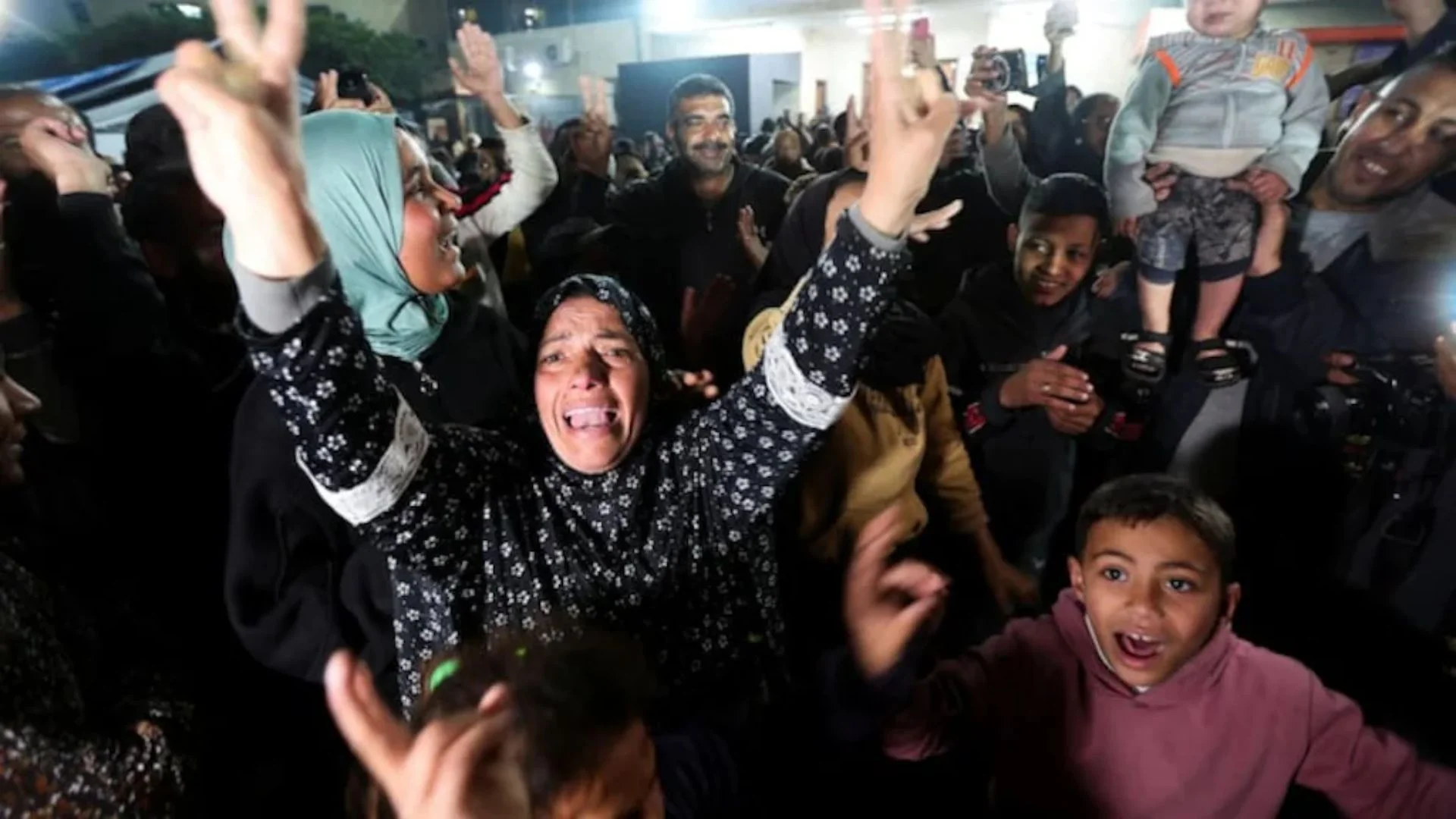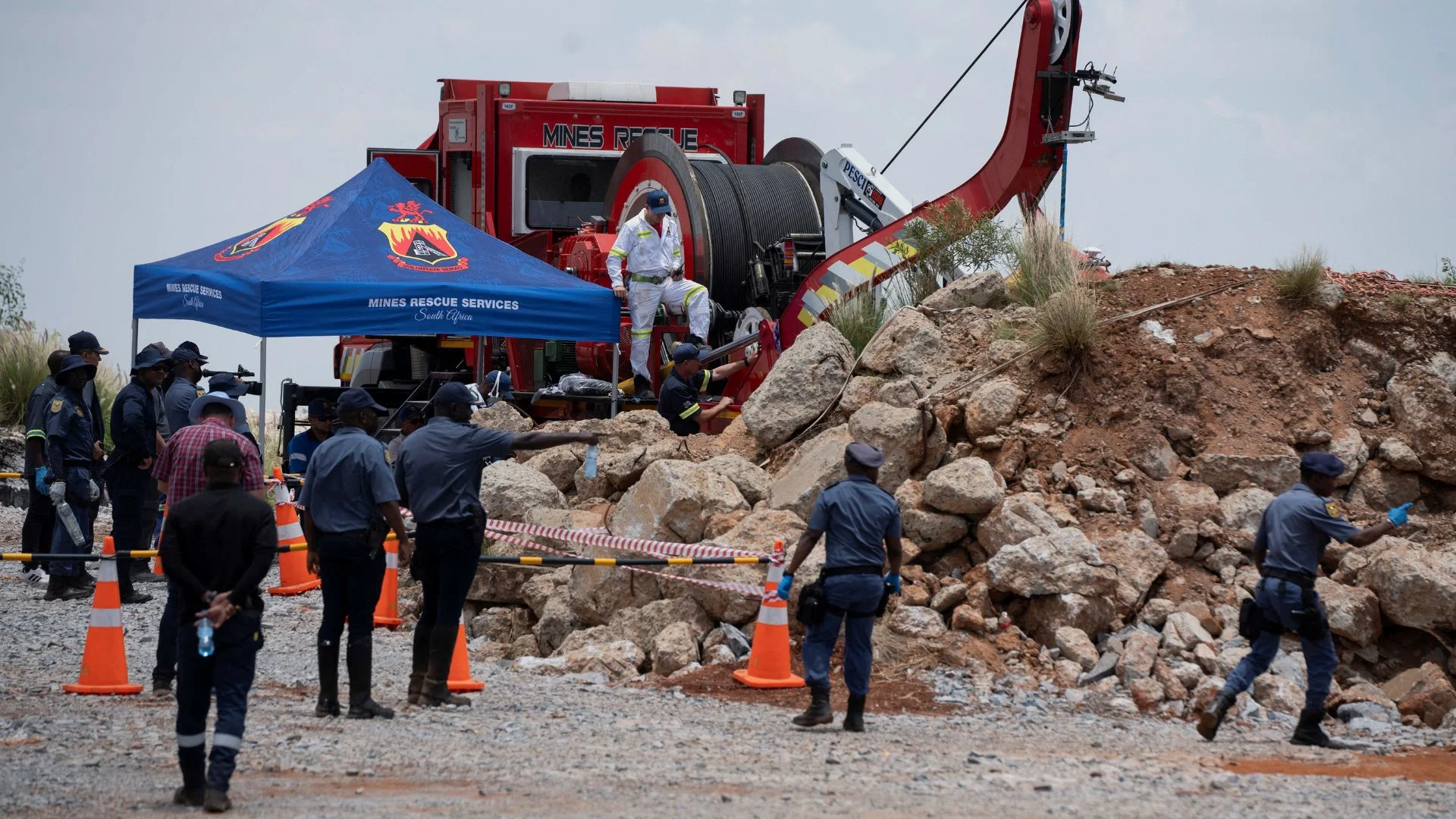Israel’s envoy to Japan, Gilad Cohen, has criticized authorities in Nagasaki for not inviting him to a peace ceremony commemorating the 1945 atomic bombing of the city. Cohen accused the local mayor of “inventing” security fears as the reason for the exclusion.
Security Concerns Disputed
Nagasaki’s mayor, Shiro Suzuki, stated that the decision was based on security concerns and was not political. However, Cohen rejected this argument, claiming there were no security obstacles preventing his attendance. He accused the mayor of using the ceremony for political motivations.
Hiroshima’s Different Approach
In contrast to Nagasaki, Hiroshima has invited Israel to its peace ceremony, which will be held on Tuesday. Cohen plans to lay floral tributes at Hiroshima Peace Park to honor the victims of the atomic bombing.
Activist Pressure and Diplomatic Exclusions
Both Nagasaki and Hiroshima have faced pressure from activists and bomb survivor groups to exclude Israel due to its actions in Gaza. Additionally, Russia and Belarus were disinvited from the ceremonies due to Moscow’s invasion of Ukraine. Despite these pressures, Nagasaki’s exclusion of Israel has sparked significant diplomatic controversy.
Historical Context
The atomic bombings of Hiroshima on August 6, 1945, and Nagasaki three days later led to Japan’s unconditional surrender and the end of World War II. These bombings killed tens of thousands of people instantly and caused many more deaths due to radiation sickness in the following months and years. The annual memorials in both cities aim to promote global peace and the message that nuclear weapons should never be used again.

